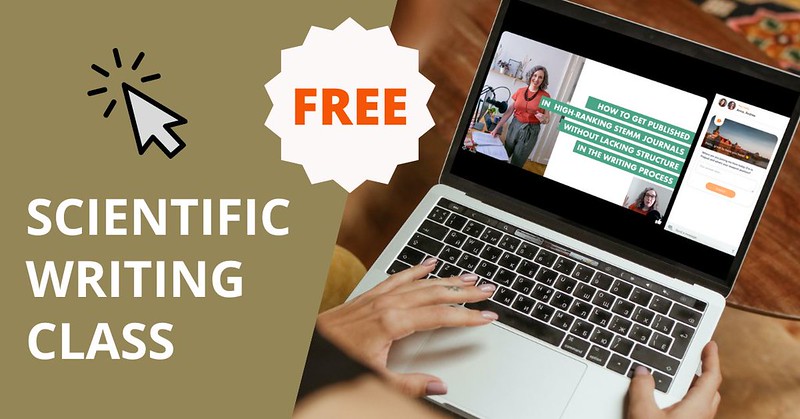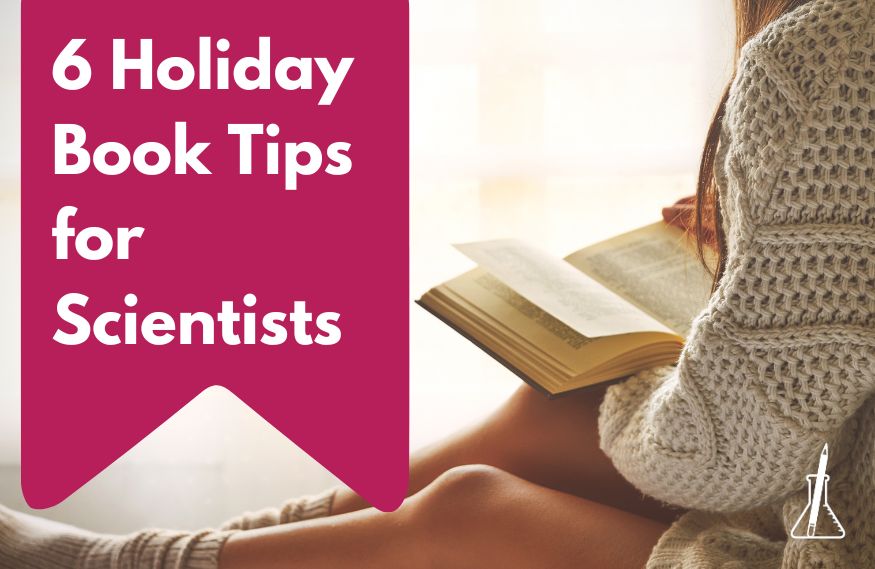Whether you are looking for books to read during your holidays or for a present for a scientist friend, you’re in the right place. Here are six books that inspired me in 2019! I included links to the books on bookdepository.com, which is my favourite website for buying books online (free shipping worldwide!).
I receive a small commission if you order the book through the links.
Here, you go (in no particular order):
“Why We Sleep” by Matthew Walker
Penguin Books, 2018.
The book that’ll inspire you to prioritise sleep
Do you often get less than 7 or 8 hours of sleep? Do you need an alarm clock to wake up? Or do you have trouble sleeping? Whether you answer just one or all of these questions with a “yes”, you have to read this book. Our society largely underestimates the importance of sleep. Not least in academia, where late nights and early mornings seem pervasive. However, this greatly affects our productivity because when we haven’t slept enough our cognitive function is reduced. The crux: We don’t notice it. Matthew Walker is a sleep researcher at the University of California and explains why getting enough sleep is essential for our brain and health. He also stresses how important it is to respect one’s chronotype. Not all of us are morning larks, in fact the majority of people are either night owls or a mixture of the two. Walker’s book is well written and fascinating, and it has inspired me to properly prioritise my sleep. I’m ditching my alarm whenever I can, try not go to bed too late (still a struggle) and am more mindful of not drinking coffee too late in the day (yay for decaf!).
“Atomic Habits” by James Clear
Cornerstone, 2018.
Building habits – step by step
Small conscious actions that we engage in every day will make a difference in the long run. James Clear breaks down the psychology that is at play when we form habits, both those we deem good and bad. His book draws on scientific evidence and provides practical strategies. For example, we can influence our habits by deciding beforehand what, when and where we are going to pursue the habit and by priming our environment. After reading this book, I’ve been able to slowly introduce several daily habits in my life: I now study Czech, meditate and exercise every morning – things I previously thought I wouldn’t have enough self-discipline for. Whether you want to create a writing routine or any other habit in your life, this book is a good resource.
“Writing Science” by Joshua Schimel
Oxford University Press, 2012.
The scientific writing bible
If you are looking for a book with scientific writing advice, get this one. The author, Joshua Schimel, is a professor of soil microbiology and ecosystem ecology at the University of California. He recognises the importance of storytelling in papers and proposals and provides great instructions for writing each part of a paper and proposal. Throughout the book, he includes examples from different subject areas within the natural sciences. You can use the book as a reference to polish your knowledge on a particular topic or use it in a more structured way by doing the exercises that are included after each chapter. If you like the advice in my blog, you’ll like this book.

“Finish” by Jon Acuff
Penguin Random House, 2018.
A productivity booster
Jon Acuff is a blogger, author and public speaker and he explains in his book how to set goals and actually achieve them. This book has helped me to fight my perfectionism, which I know many academics struggle with. The book is short and written in a light-hearted way, and the author draws on experiences from his life. One piece of advice from this book that I still frequently remind myself of is “cut your goal in half”. We usually overestimate how much we will get done in a certain period of time, which sets us up for failure and demotivates us.
“Deep Work” by Cal Newport
Little, Brown Book Group, 2016.
Learning how to concentrate on the work that matters
Social media, emails, phone notifications, open plan offices – we get distracted from our work all the time. Cal Newport, an Associate professor in computer science, believes that we are continuously getting worse at focusing. As a result, we spend less and less time doing the deep work that improves our skills and moves our careers forward. Newport argues, we are being seduced by technology and new work models to engage in what he calls “shallow work” for large parts of our days: writing emails, checking the notifications on our phones, engaging social media and ticking off admin tasks.
Even though Newport’s hypothesis isn’t new or surprising, his book left me feeling inspired. It has made me aware of just how much damage constantly checking our phones can do — not only on a personal level but a societal one. I’m currently working on improving my capacity for deep work, which according to Newport, is a skill we can learn. By the way, next up on my reading list is his new book “Digital minimalism”.
“Spaceman of Bohemia” by Jaroslav Kalfař
Little, Brown and Company, 2017.
A novel that takes you on a journey to space and through Czech history
My last book tip is on a slightly different theme, it’s fiction. But since this book unites two important aspects in my life — science and the Czech Republic, where I currently live — I thought it would fit in here perfectly.
“Spaceman of Bohemia” is the debut novel of Czech author Jaroslav Kalfař. The book is about space exploration, but it is also about the human psyche, love, and basically a crash course in Czech history. If you are looking for a captivating read in your time off, you may want to consider this one! I read it during a hiking holiday this summer and couldn’t put it down.
There you have it, six holiday book tips for scientists! While making the list, I realised that all recommended books are by male authors. So, my resolution for 2020 is to read more non-fiction books written by women. If you have any tips, please post a comment below!
What have been your favourite reads in 2019?


